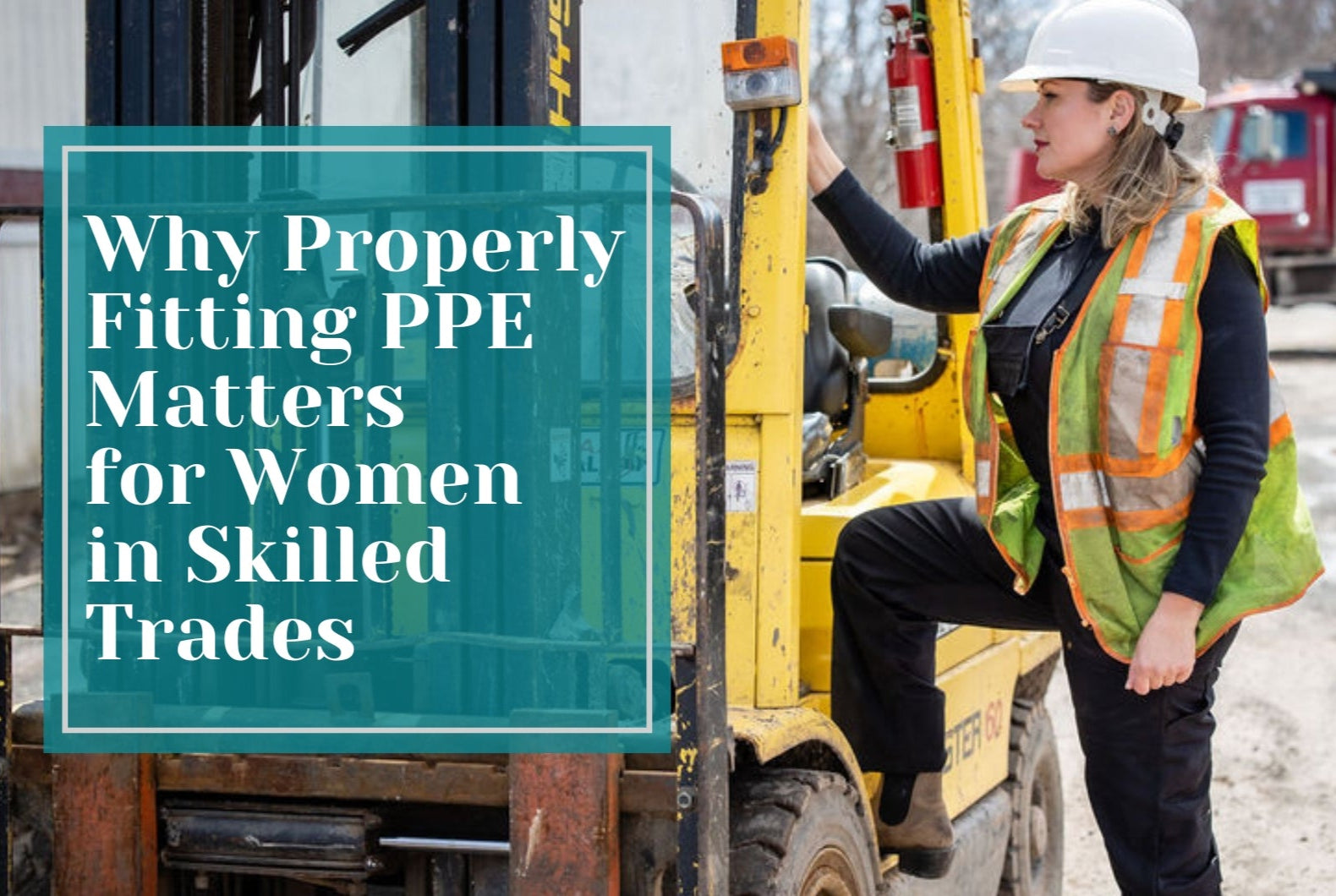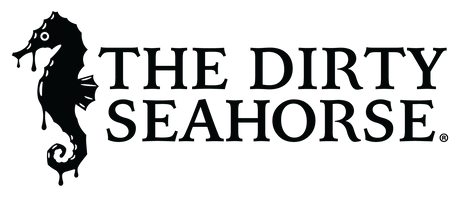Advocacy for Women in Trades
At The Dirty Seahorse, we’re more than just a workwear brand—we’re advocating for change. Women are vital to the future of skilled trades, yet many face barriers like ill-fitting workwear, economic challenges, and a lack of representation. Our advocacy work is focused on breaking these barriers to create a safer, more inclusive workforce.
Our Mission
We aim to empower women transitioning into skilled trades by providing accessible, functional workwear and building partnerships that foster confidence, safety, and success. Whether it’s collaborating with industry leaders, supporting charitable organizations, or advocating for policy changes, we are committed to driving meaningful progress.
What We're Doing
Advocating for Policy Change
On May 23 2024 we had the privilege of being invited to Parliament Hill, to sit down and discuss legislative changes to help fund women-specific workwear, partner with trade associations to provide subsidies, and raise awareness about the importance of properly fitting PPE for women in trades.

Building Partnerships
Through collaborations with workwear trade associations, and supporters, we’re creating affordable, safe, and high-quality workwear tailored to women’s needs.
Elevating Voices
Our public awareness campaigns and mentorship programs amplify the stories of women breaking barriers in skilled trades. From social media features to real-life success stories, we’re showing the world what’s possible when women are empowered.
Supporting Women at Risk
With every purchase you make you will be supporting women at risk. We work with and give back to organizations supporting women at risk, survivors of domestic violence, single mothers, and those transitioning out of homelessness or incarceration. By offering scholarships for workwear, we ensure they have the tools to succeed.

Related Article
Women are making significant strides in skilled trades across Ontario, with 374,600 women employed in skilled trades-related occupations in 2023 alone. Despite this progress, the lack of properly fitting workwear for women remains a barrier to safety, comfort, and inclusivity.


